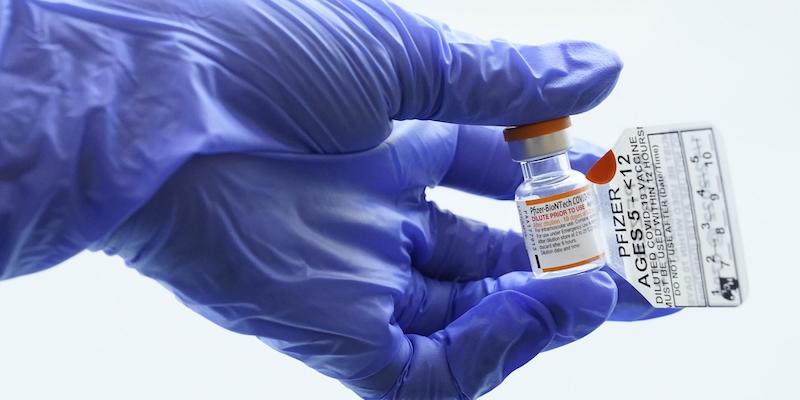The Higher Institute of Health (ISS) has published a new update of the epidemiological bulletin with new data confirming the effectiveness of vaccines against coronavirus and in particular against severe forms of COVID-19 that can lead to death. It is important to observe these data because they allow us to understand the level of protection guaranteed over time by vaccines against infection, hospitalization, entry into intensive care and death.
The data says that in general people who have received the booster (i.e. the third dose or the second dose for those who have been vaccinated with Johnson & Johnson) are more protected than those who received only the second dose and much more than those who is not vaccinated.
As the graph shows, if we look at the incidence on the population, in all age groups, the majority of ICU admissions and deaths from COVID-19 concern people who had not been vaccinated. The data of the ISS relate to deaths in the period between October 29 and November 28, so they do not take into account December or even less the effects of the omicron variant on mortality, of which more reliable data can only be obtained in the next few days.
The ISS specifies that these data could be influenced by the age of most of the people who have received the booster so far: the vaccination campaign, in fact, initially involved the population most at risk such as the elderly, and was only subsequently opened to all the rest of the population.
Due to the way the vaccination campaign was organized, individuals vaccinated for more than 150 days, and therefore can receive the booster, are more at risk of infection, hospitalization and death than the rest of the vaccinated population. This limit could lead to an underestimation of the overall efficacy data.
The data relating to the infections instead take into account the period between November 19 and December 19, then consider the cases reported during the rapid growth of the last few weeks mainly due to the rapid spread of the omicron variant. The incidence among the unvaccinated is confirmed to be very high in all age groups.
Most of the studies conducted so far on the omicron variant have found its ability to escape part of the defenses that our immune system develops following vaccination or an actual infection with previous variants of the coronavirus. A study in South Africa found that Pfizer-BioNTech’s vaccine‘s ability to block an omicron infection jumped to 33 percent with the onset of the wave of the new variant, compared to 80 percent with the previous variants. However, the vaccine proved to be an important resource in preventing hospitalizations, maintaining a capacity of 70 percent (previously it was 93 percent).
– Read also: Who dies of COVID-19 today
The ISS has estimated the vaccine efficacy in the period from 5 August to 19 December for all age groups. Effectiveness measures the percentage reduction in the risk of observing a certain event among vaccinated people compared to unvaccinated people. After 150 days from the second dose, a sharp decrease in vaccine efficacy in preventing infections is observed. In general, on the whole population, vaccination efficacy goes from 71.5 per cent in those vaccinated with a second dose within 150 days to 30.1 per cent in those vaccinated for more than 150 days. Efficacy dates back in individuals vaccinated with the third dose: 71 percent (vaccine efficacy estimates for booster in age groups under 80 are not reported due to the low number of events).
In the case of severe disease, the difference in efficacy for those vaccinated for more than 150 days compared to those vaccinated for less than 150 days is smaller. The efficacy for those vaccinated for less than 150 days is 92.7 per cent, while it is 82.2 per cent for those vaccinated with a second dose of over 150 days, compared to unvaccinated. As in the case of infections, the effectiveness dates back to individuals vaccinated with the third dose: 94 percent. It means that people who received the third dose have a 95 percent lower risk of being hospitalized due to COVID-19 than unvaccinated people. In this graph we can see the efficacy against severe disease divided by age groups.
